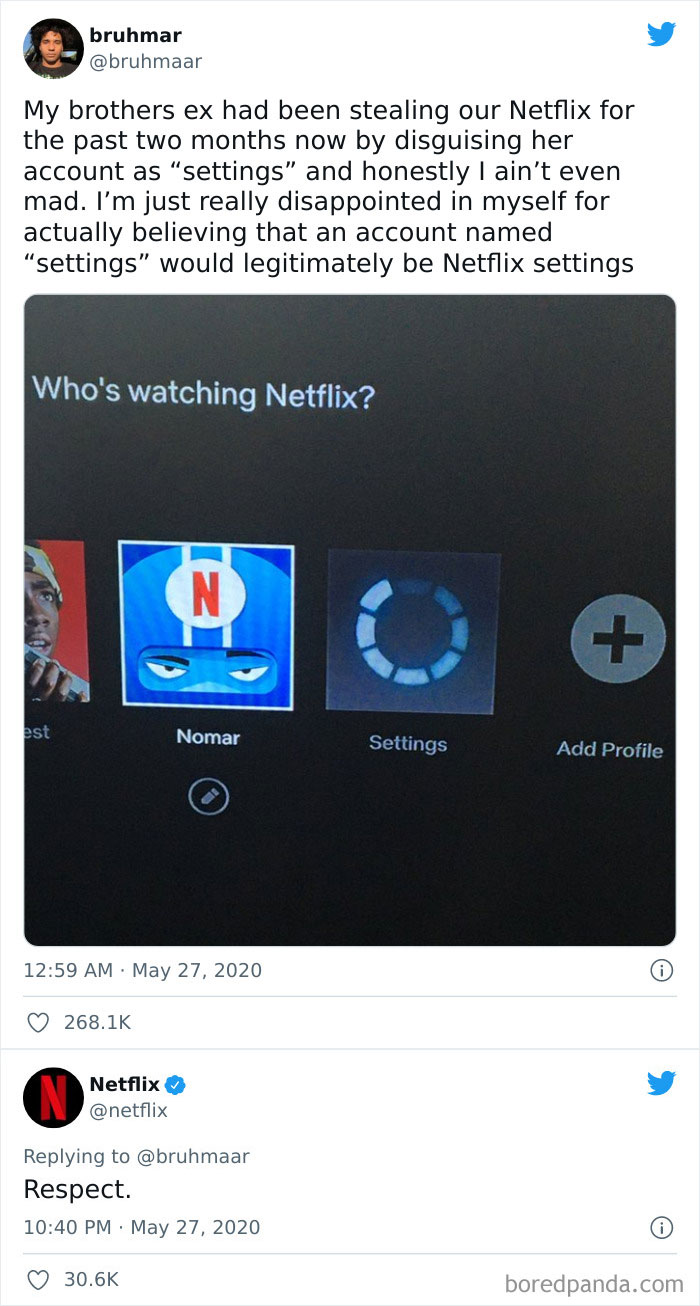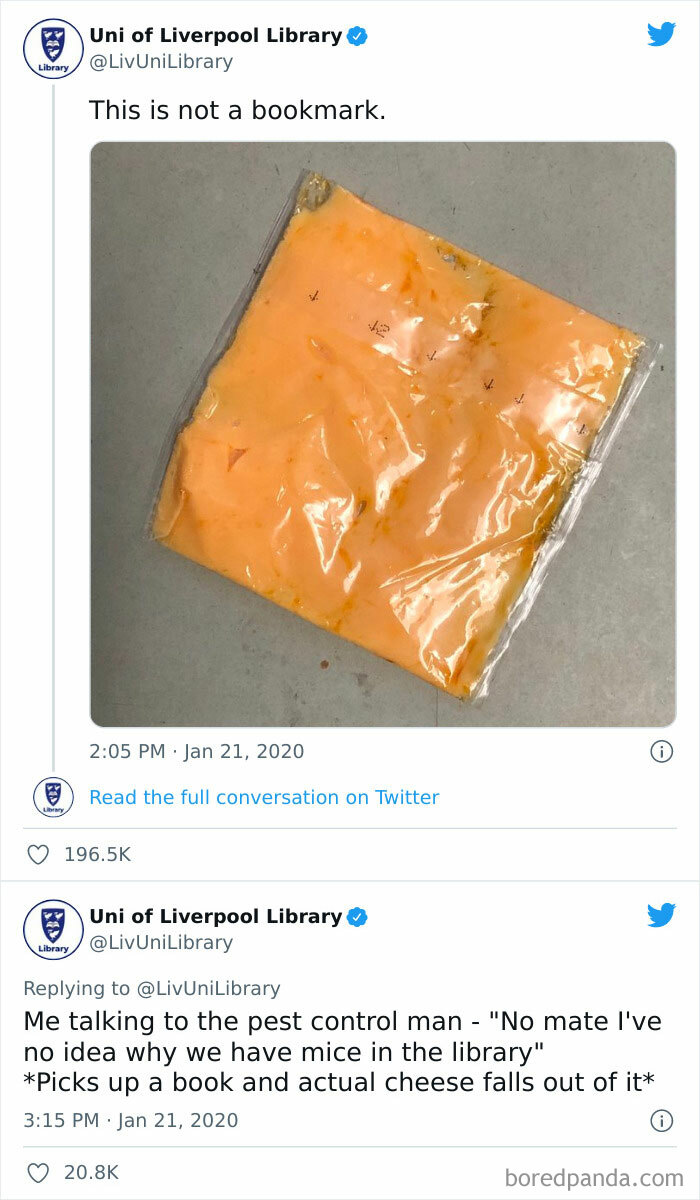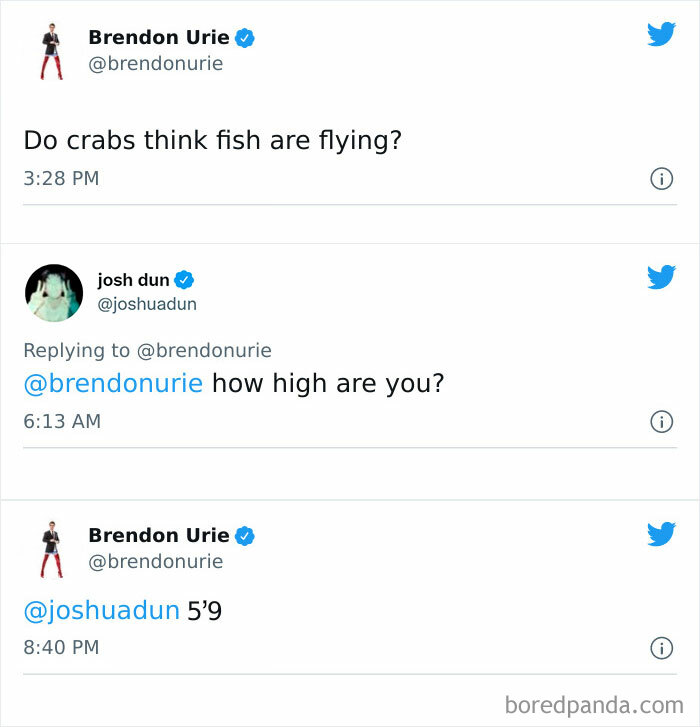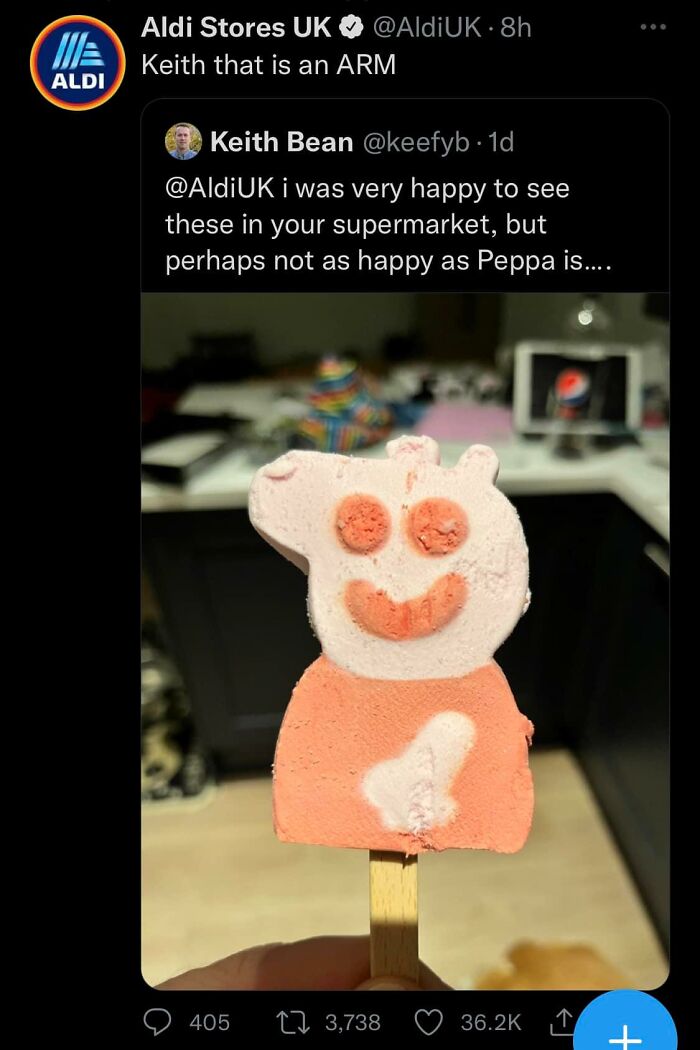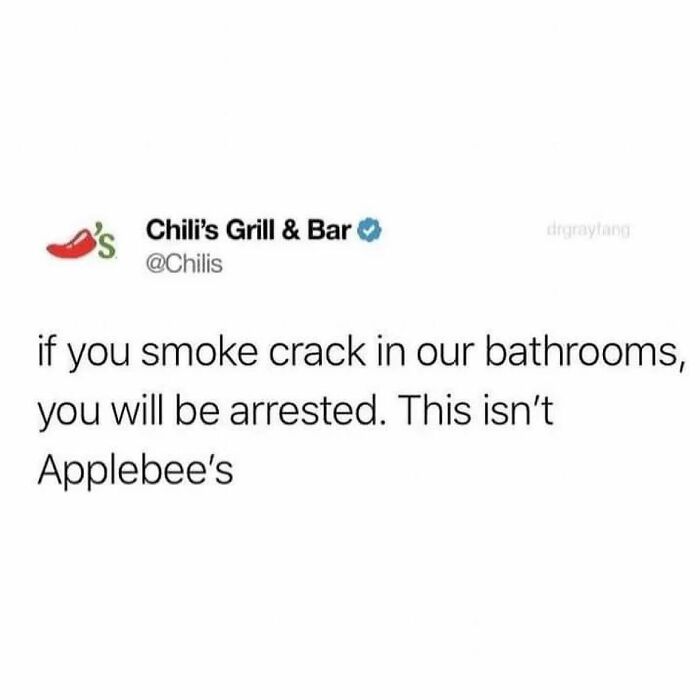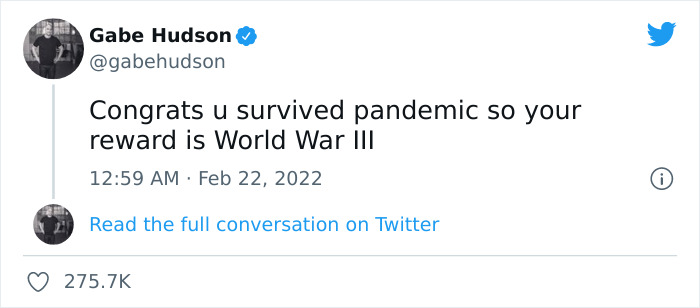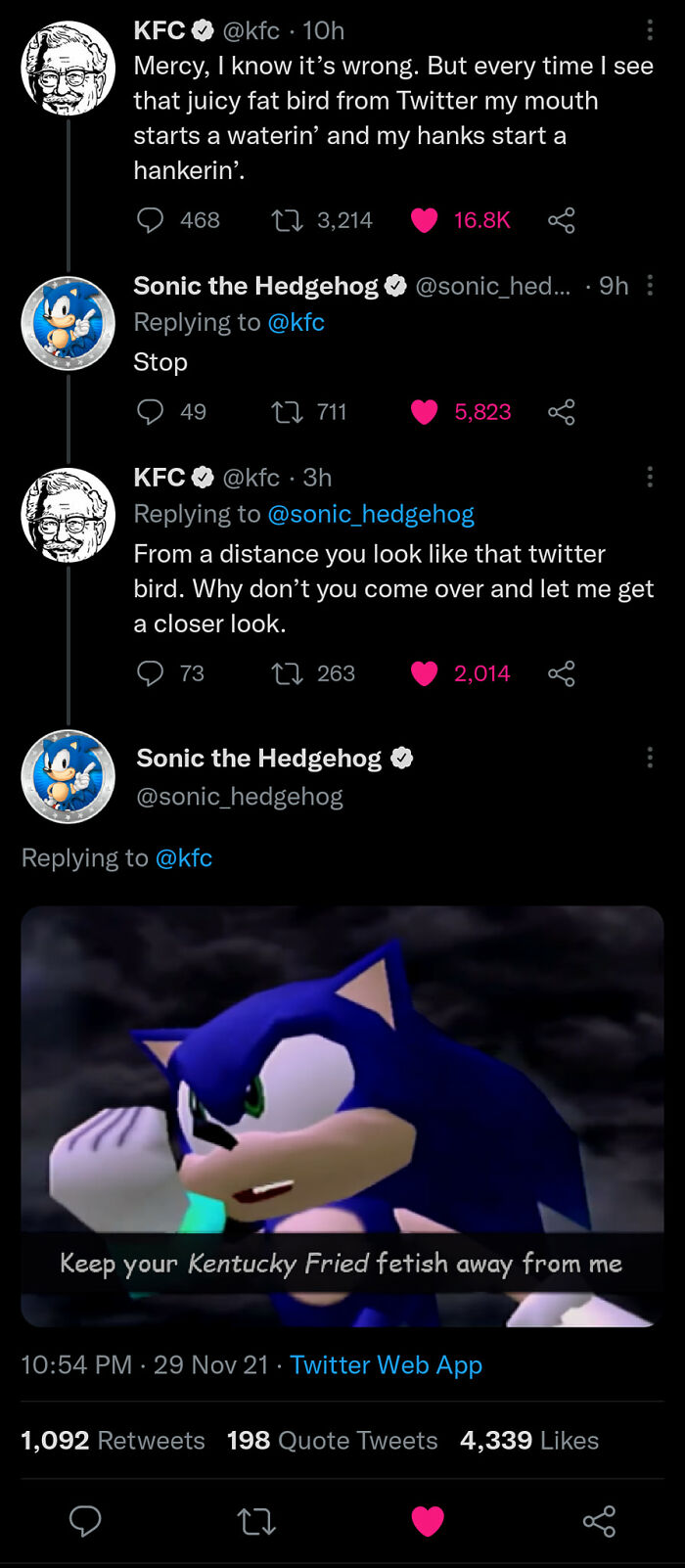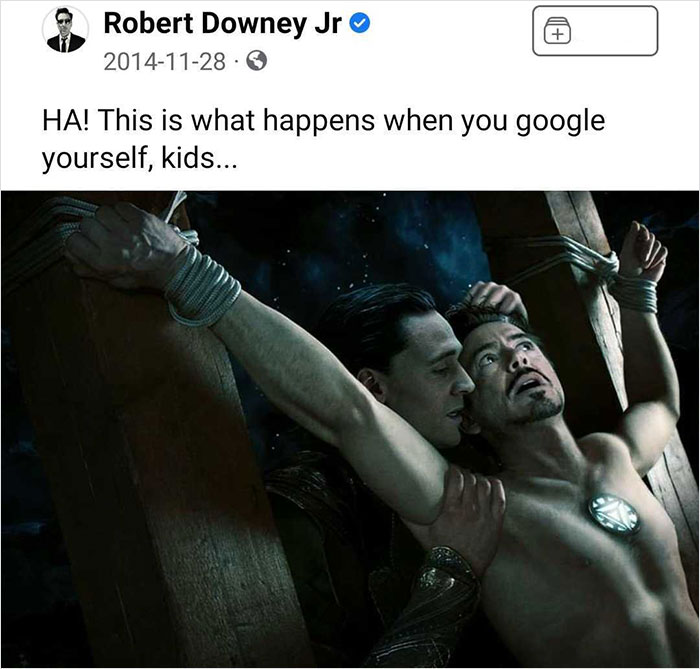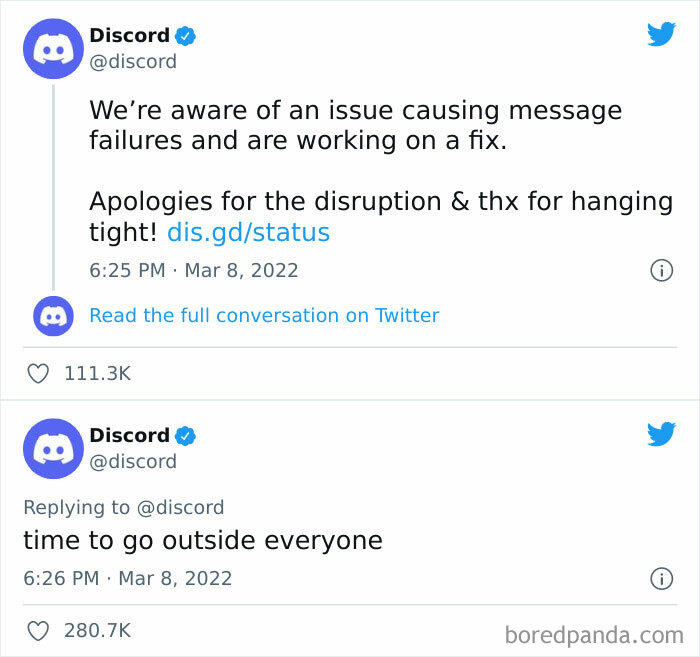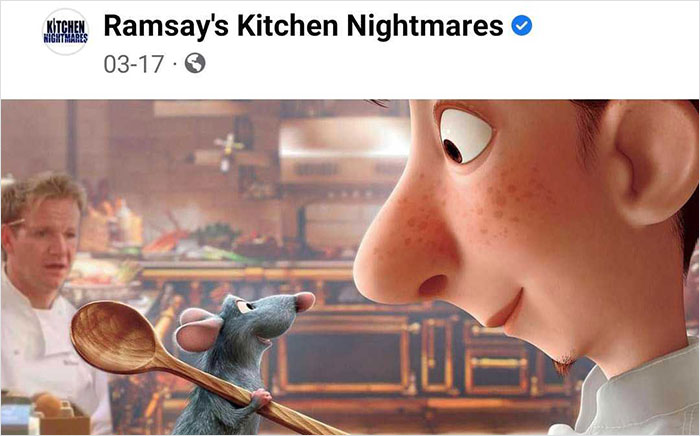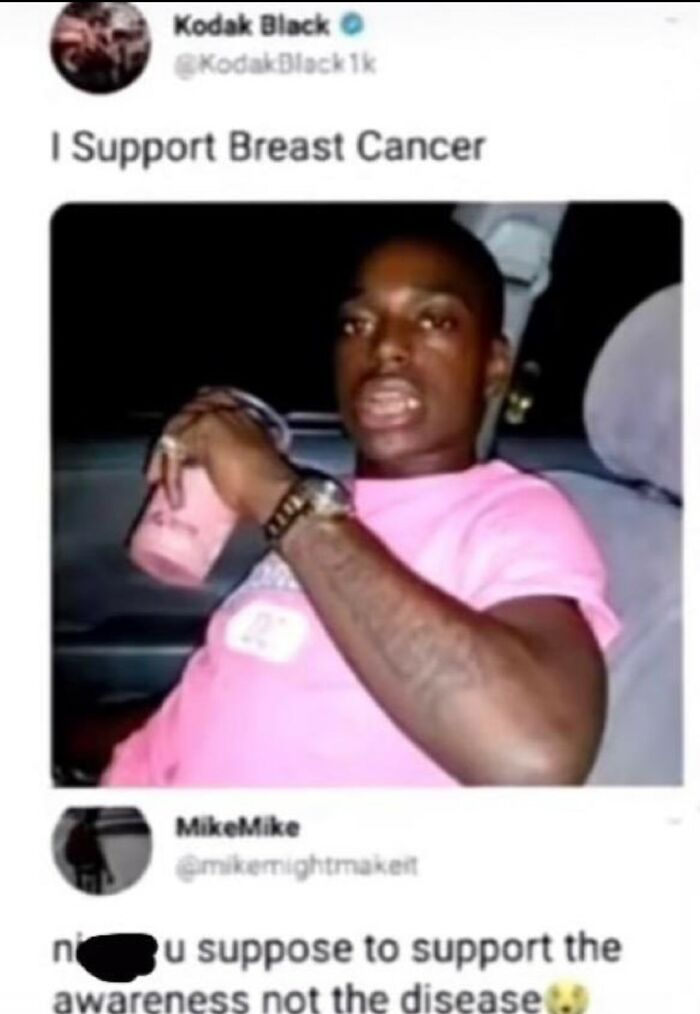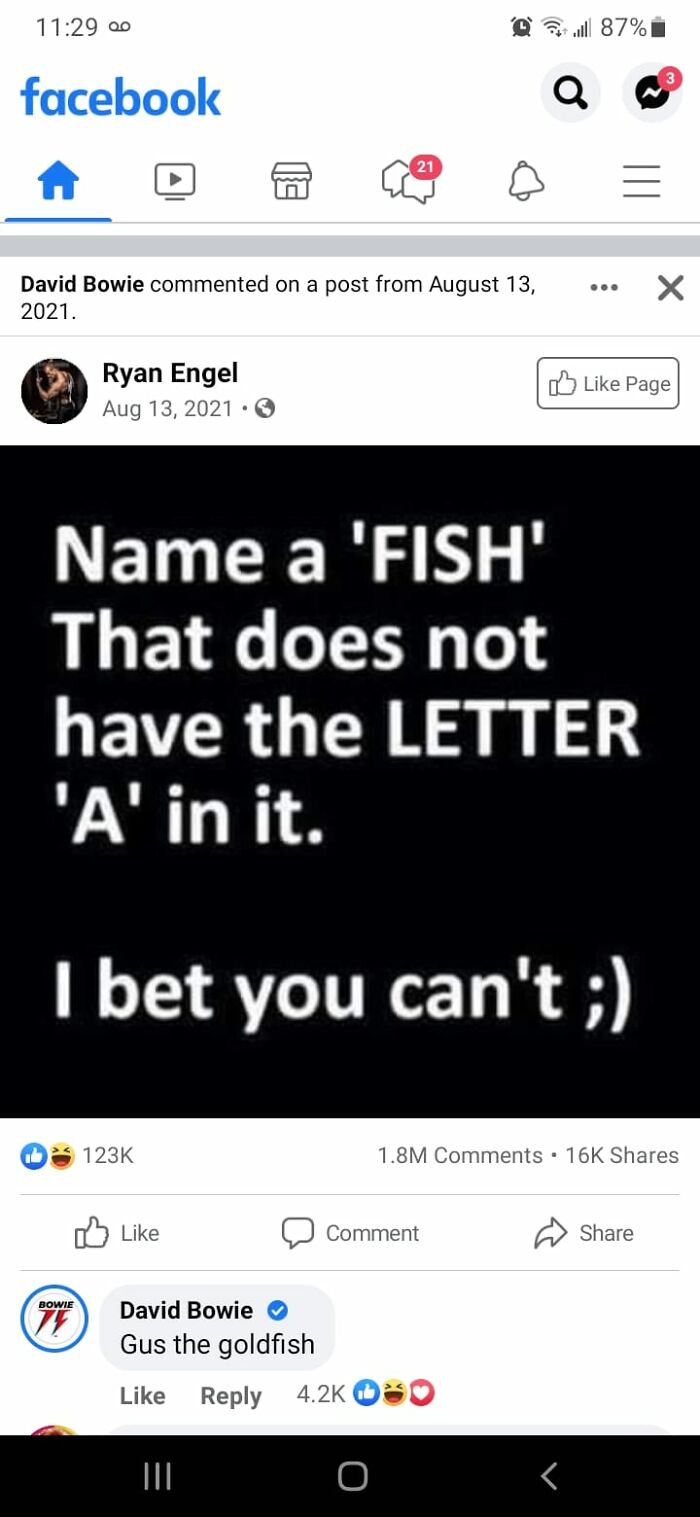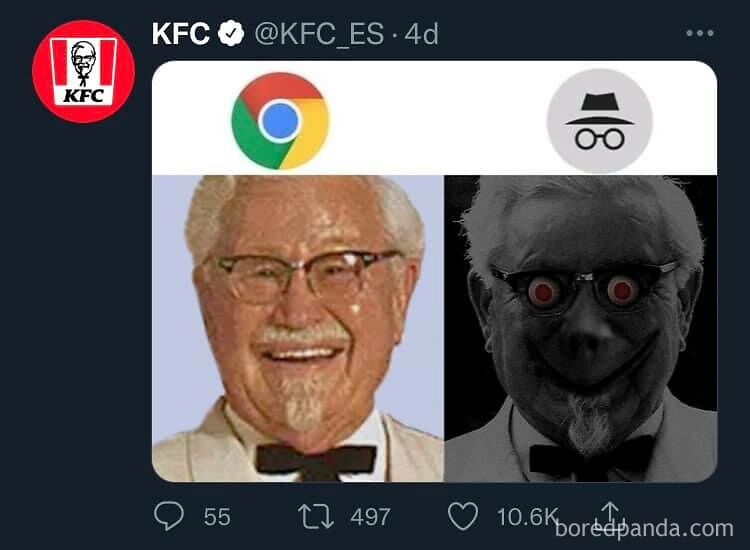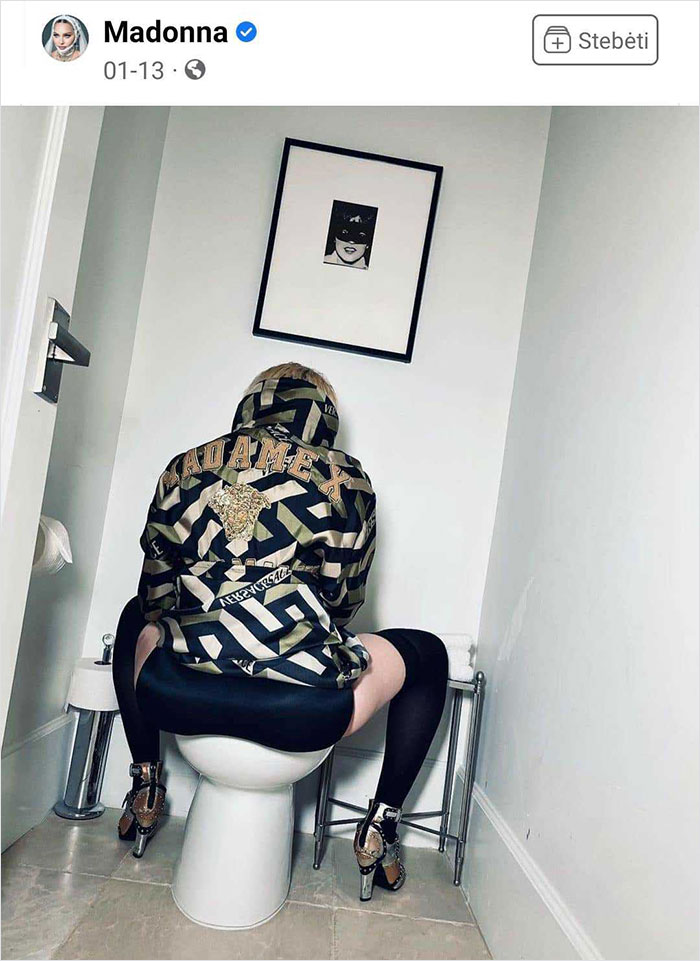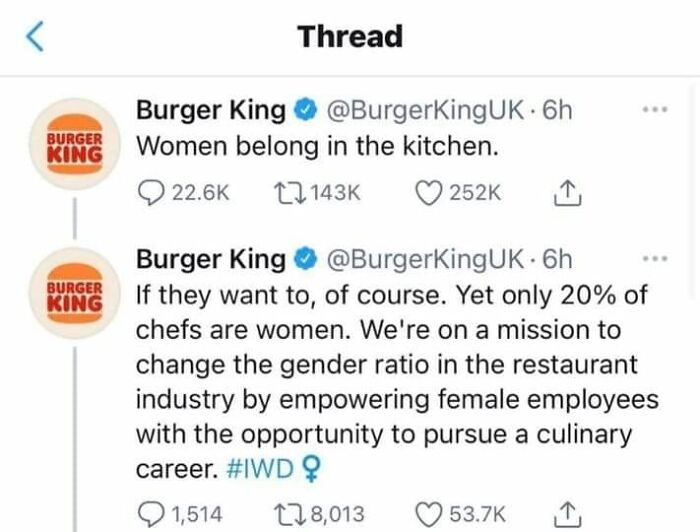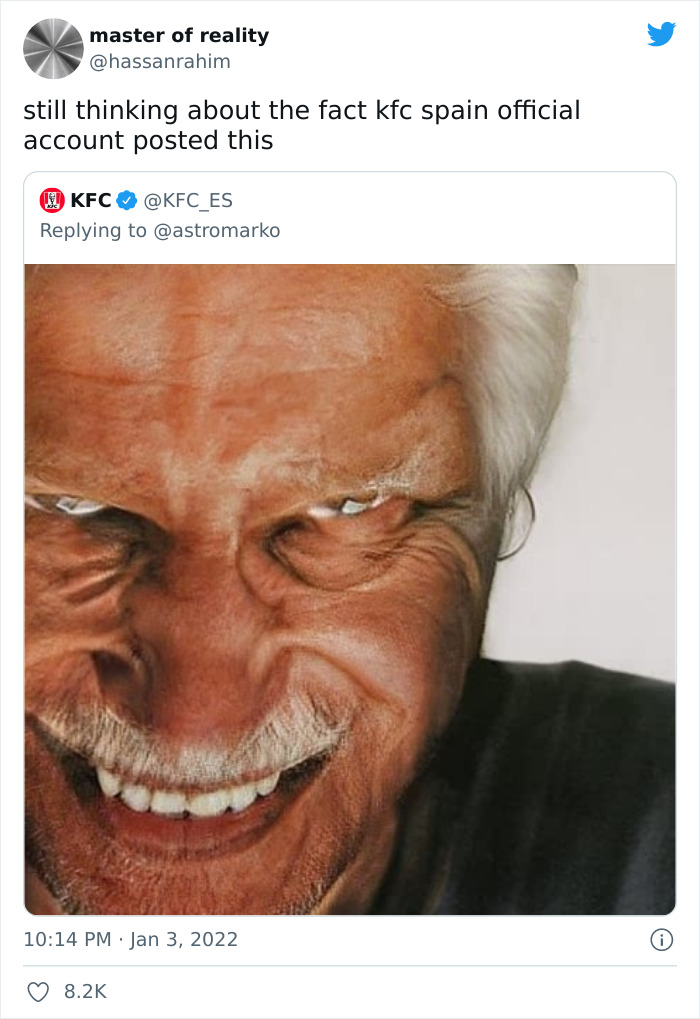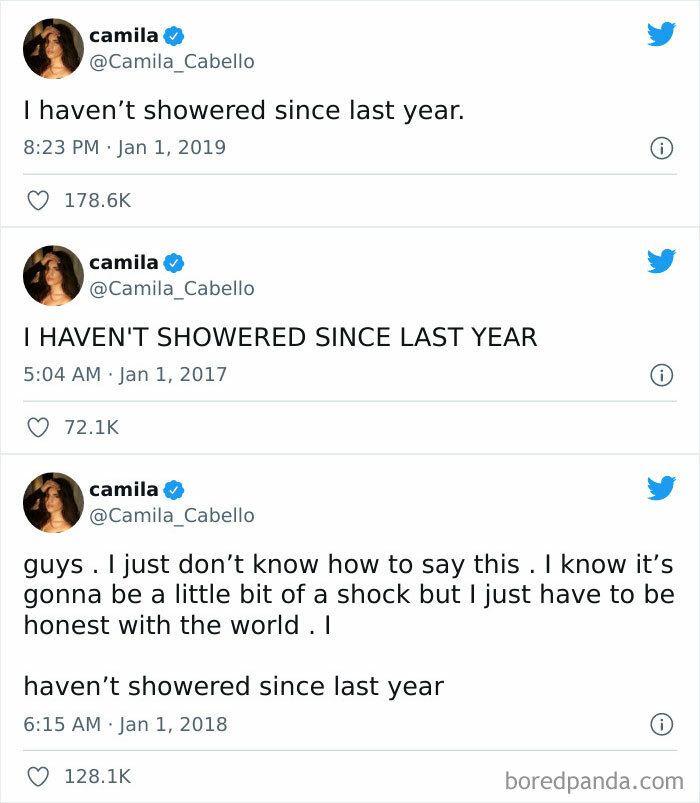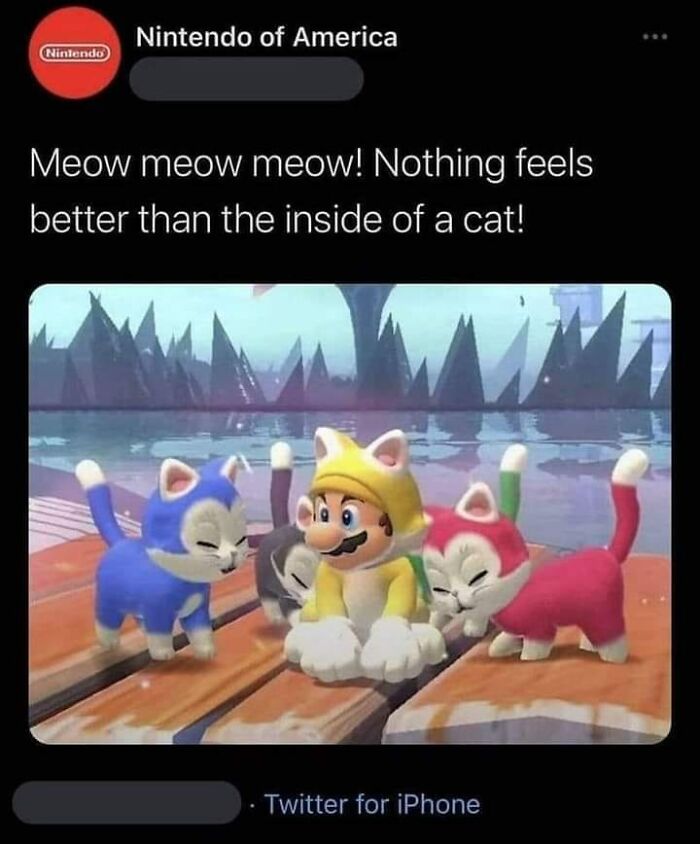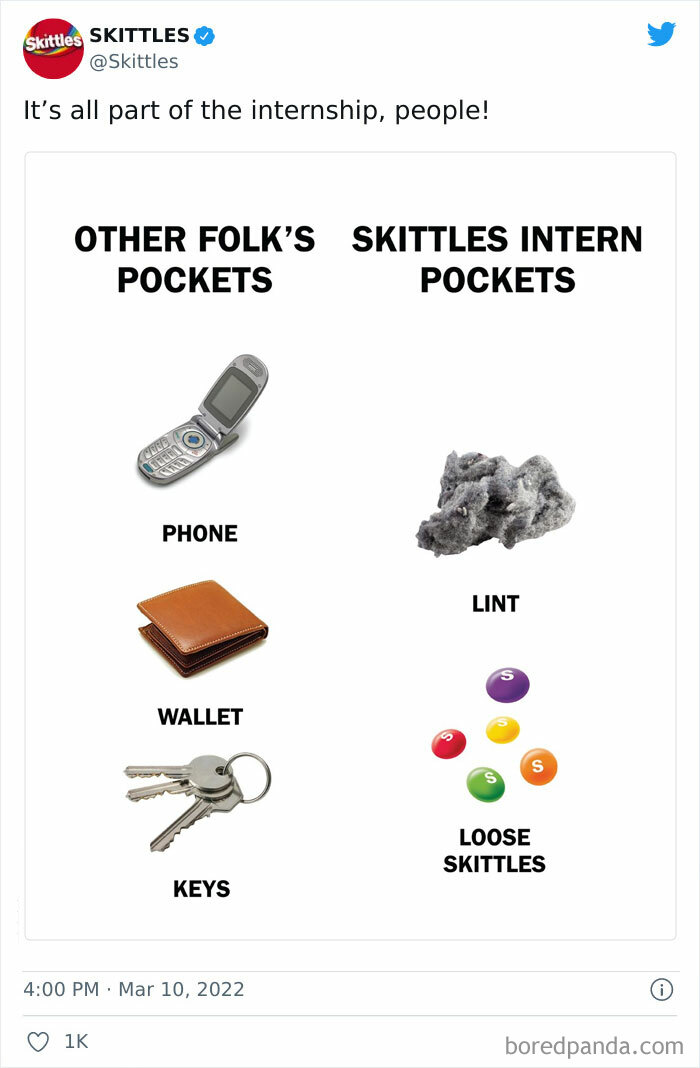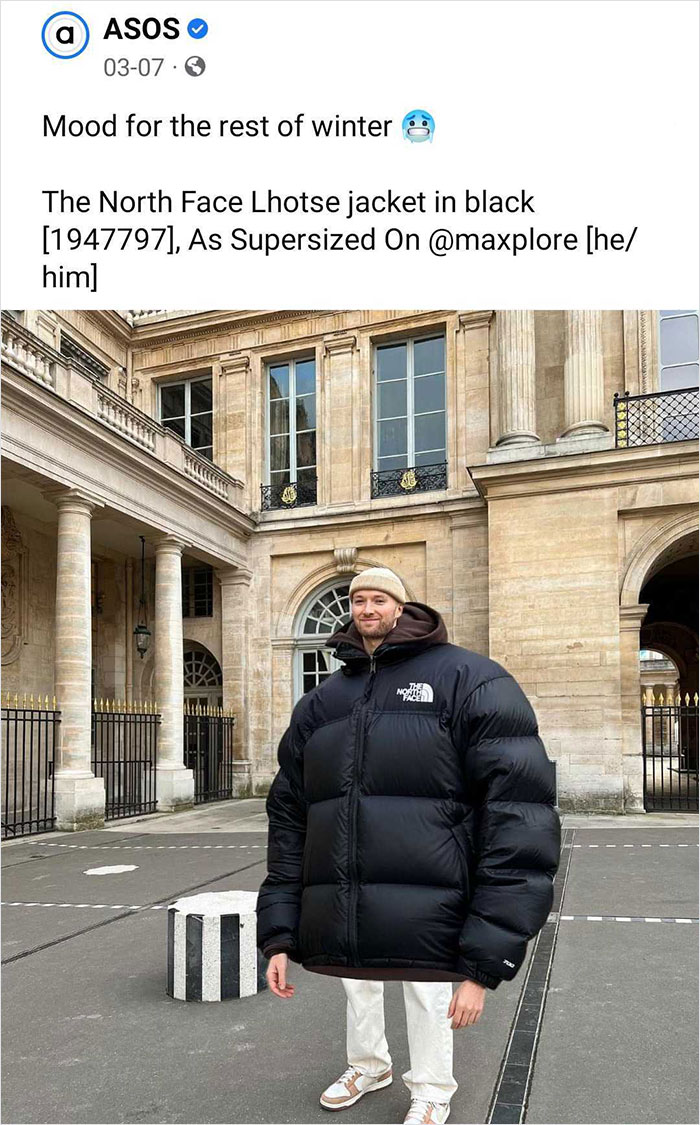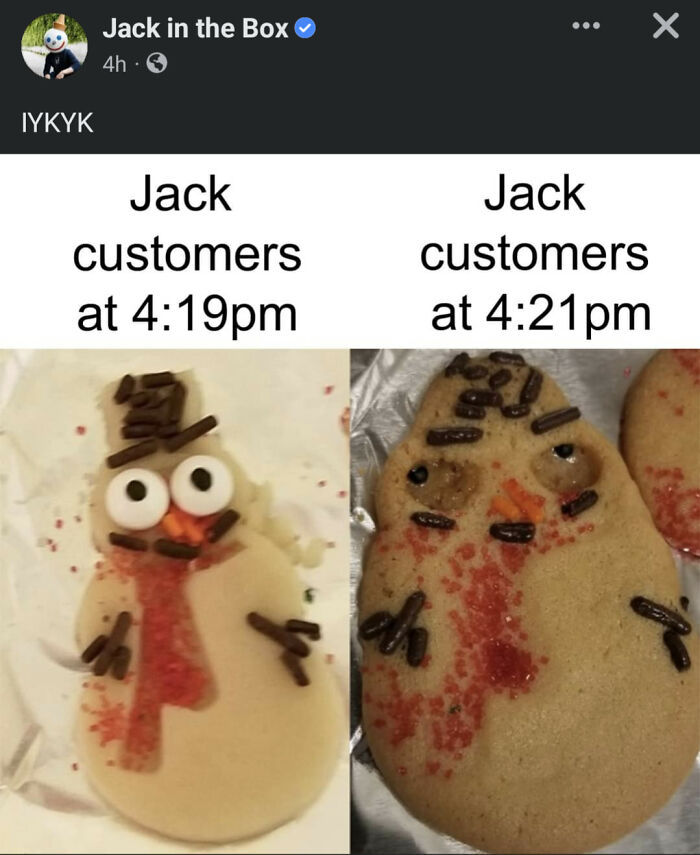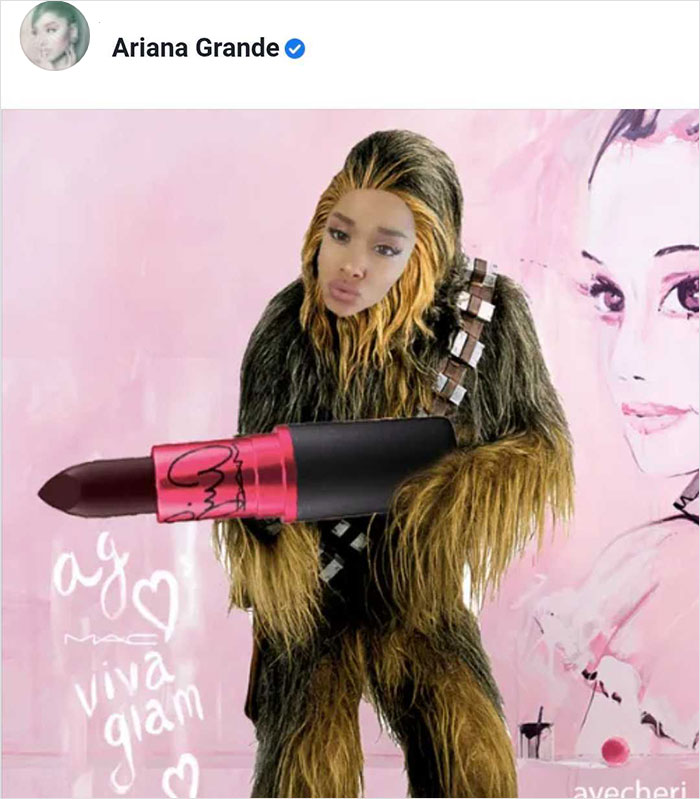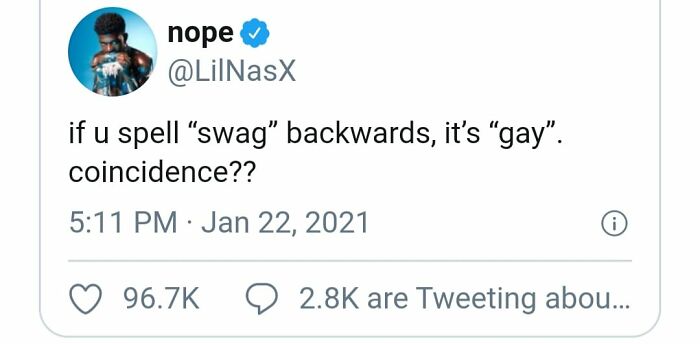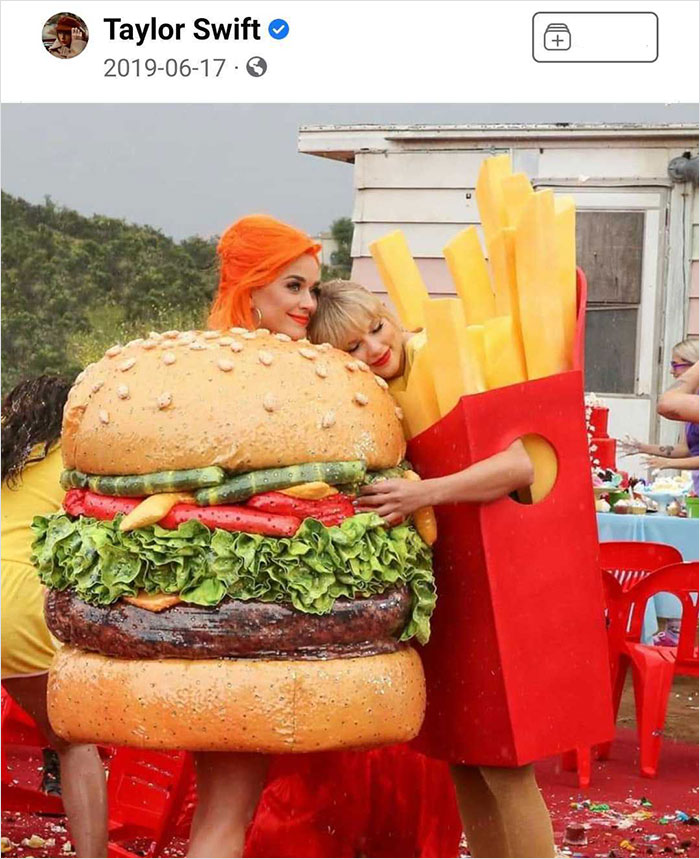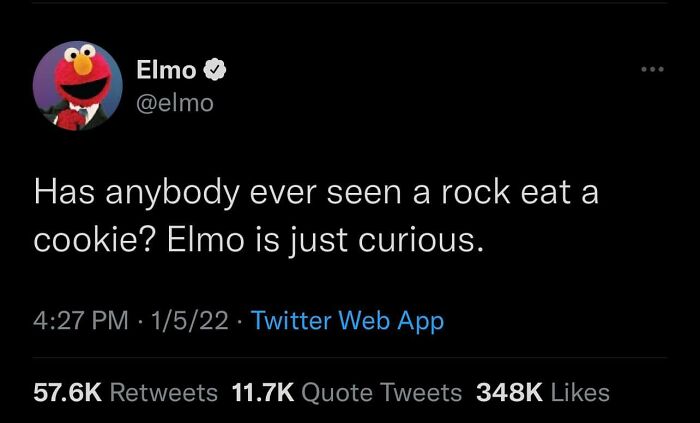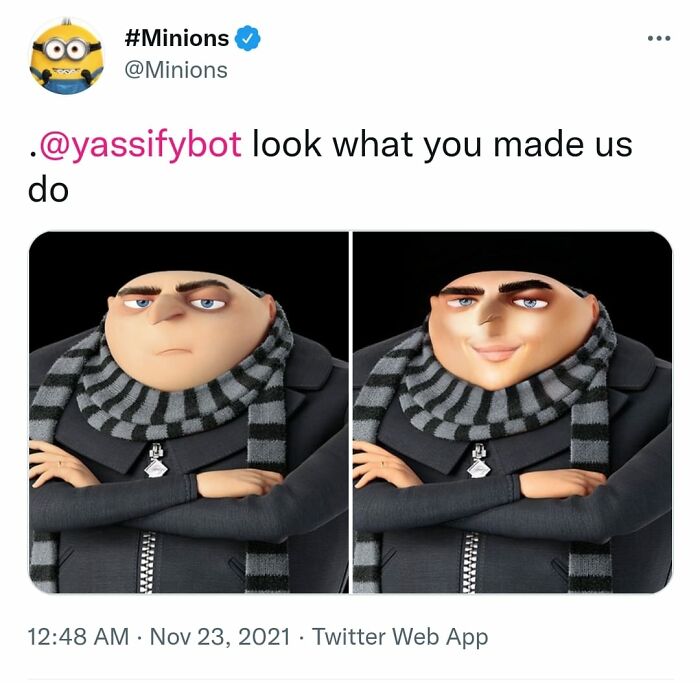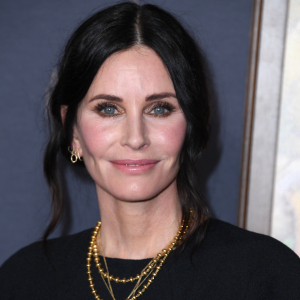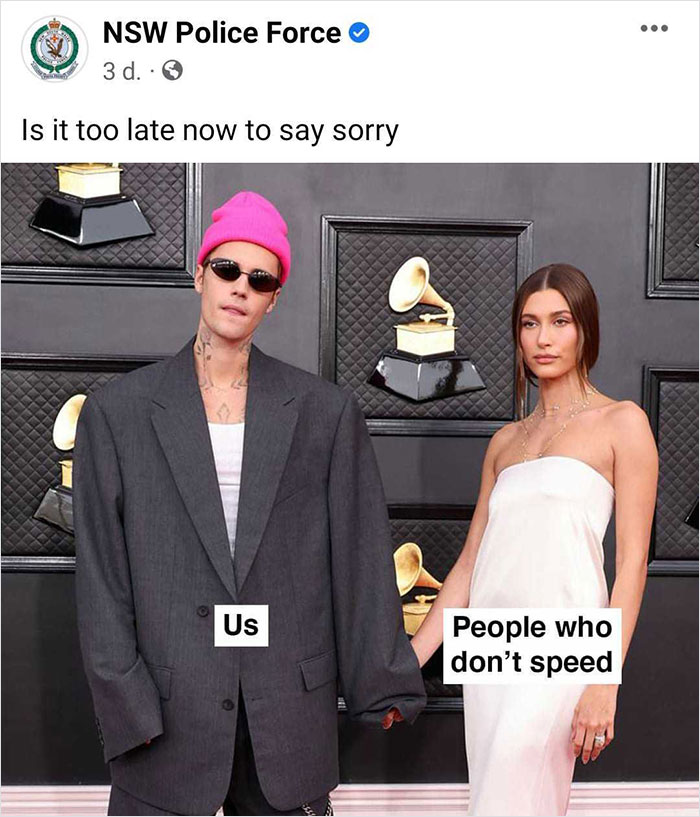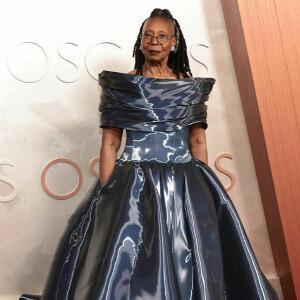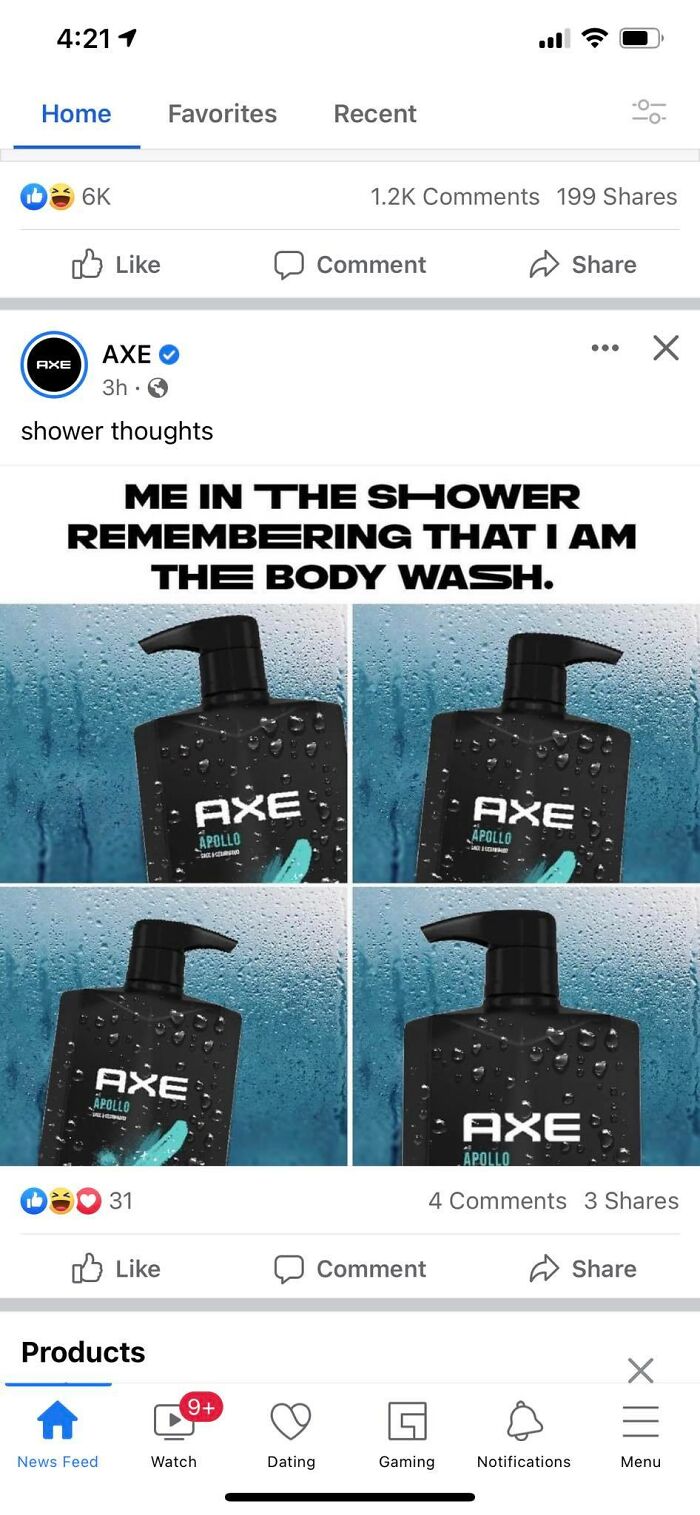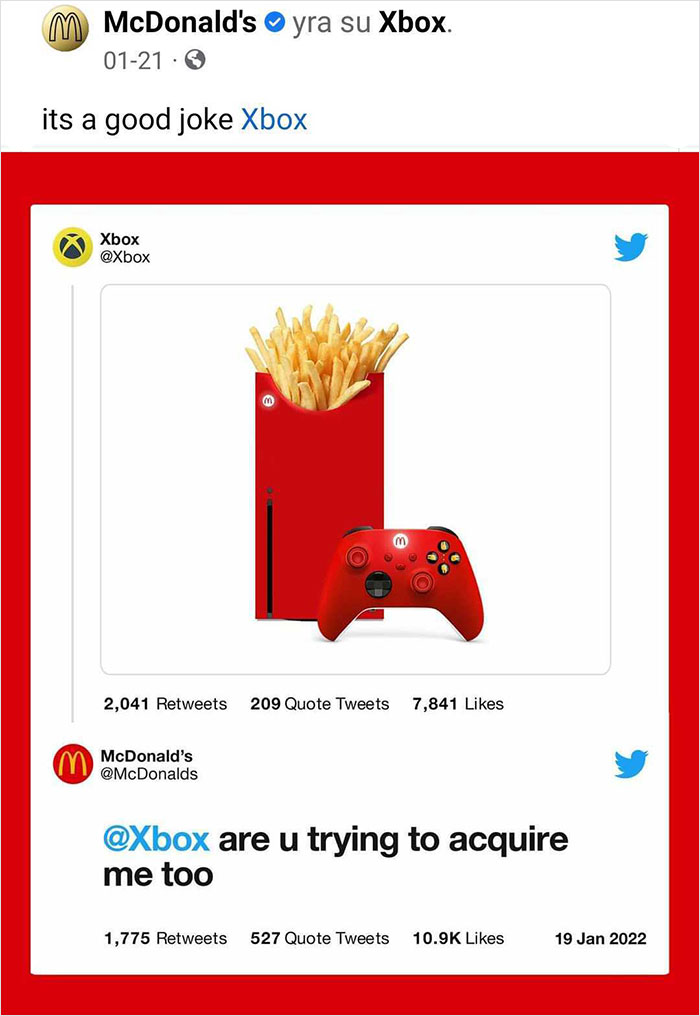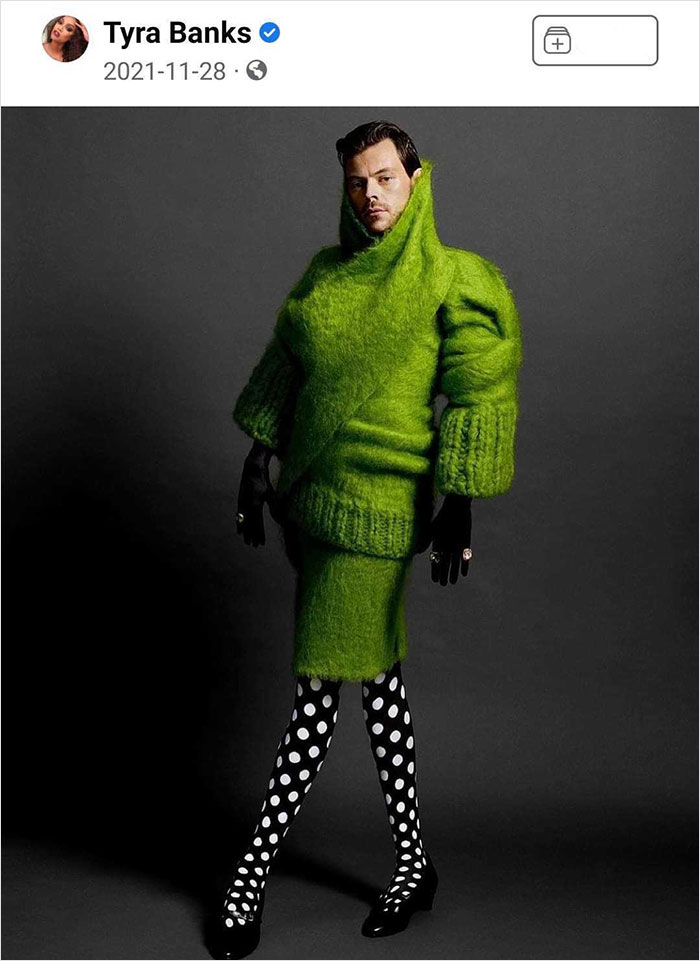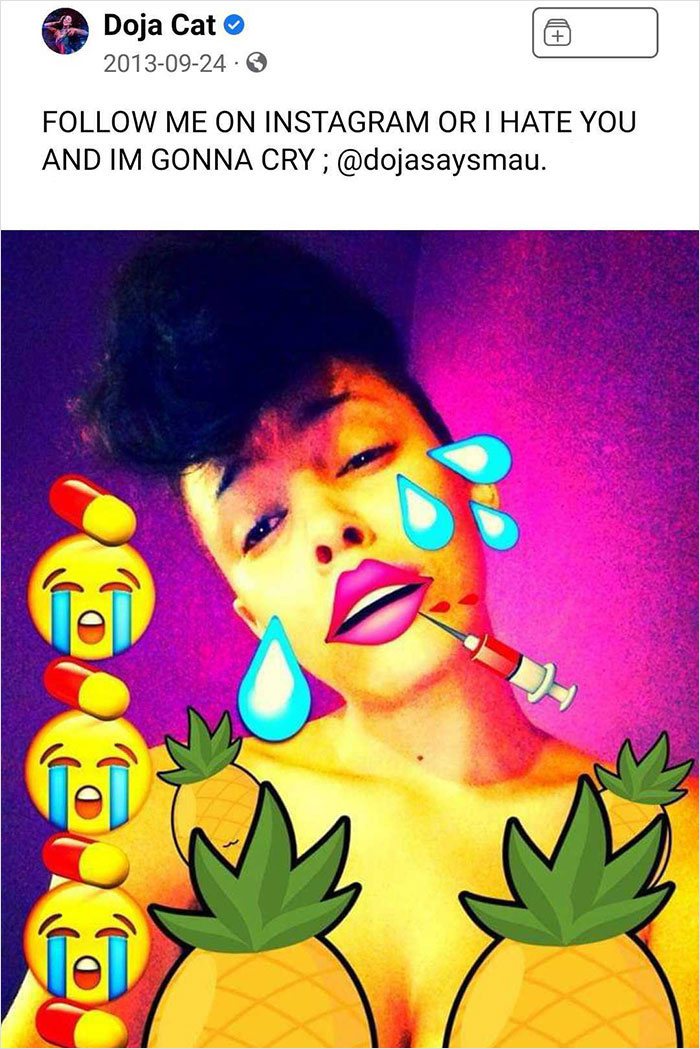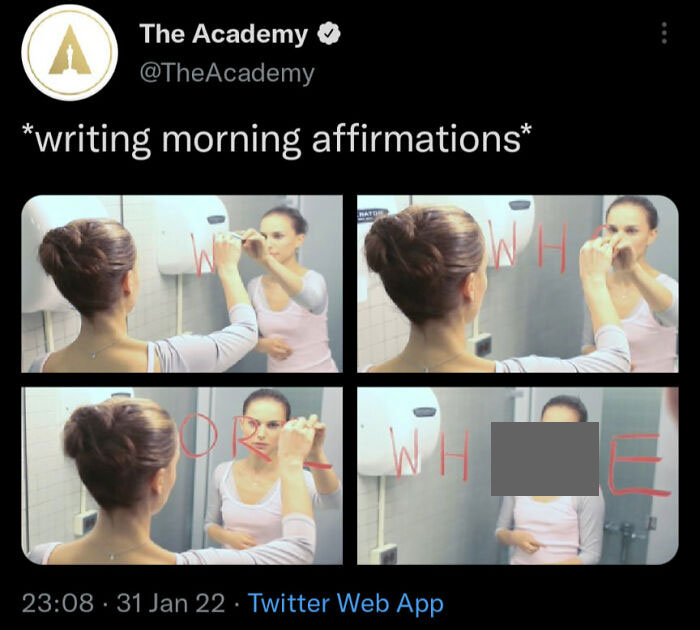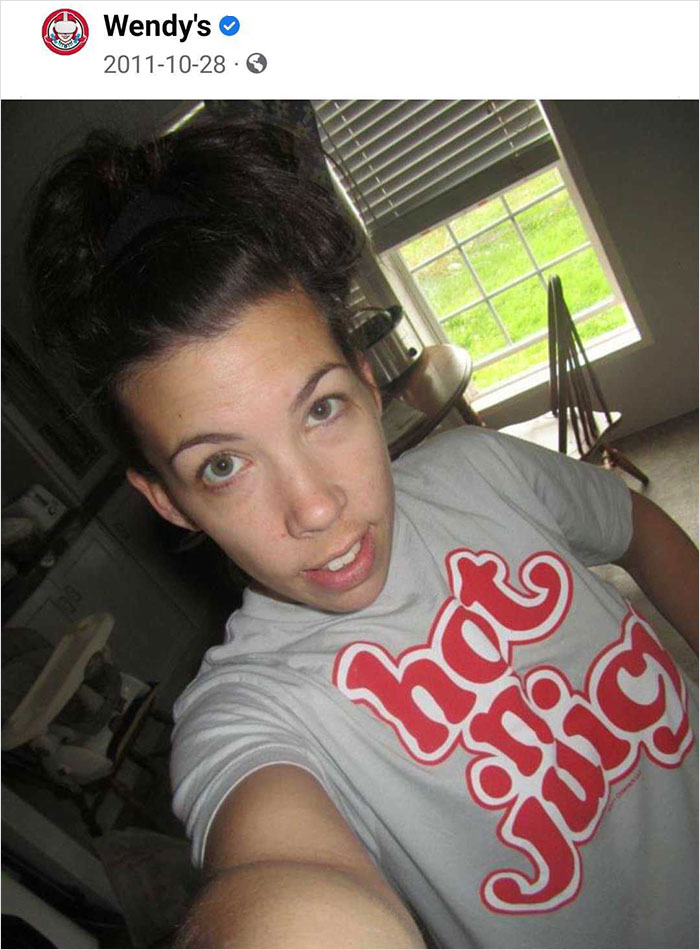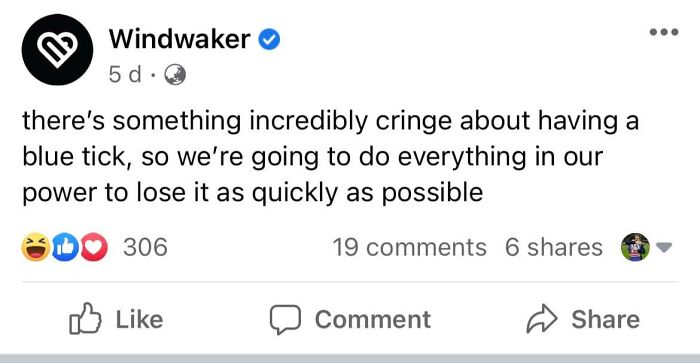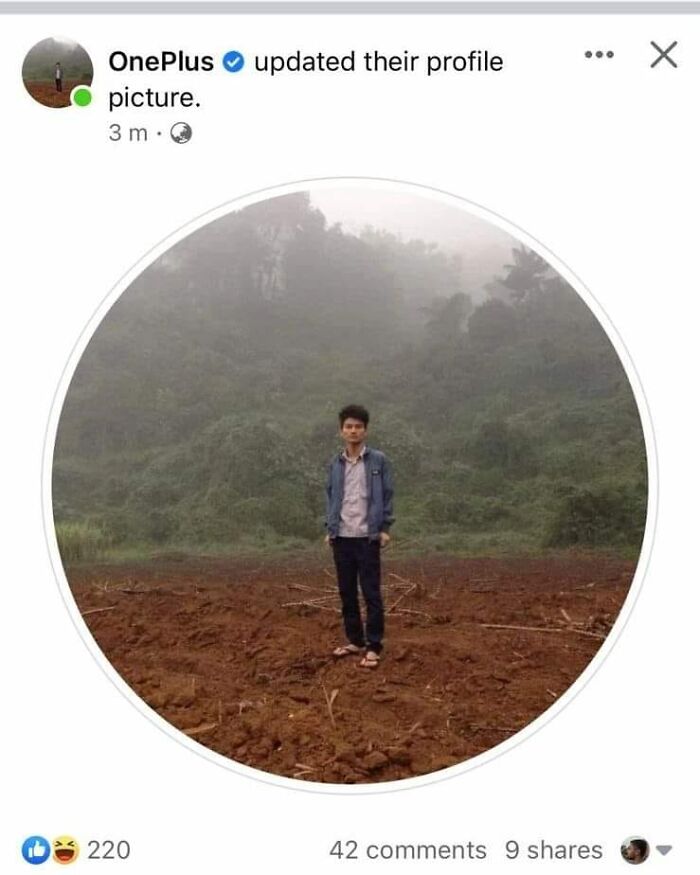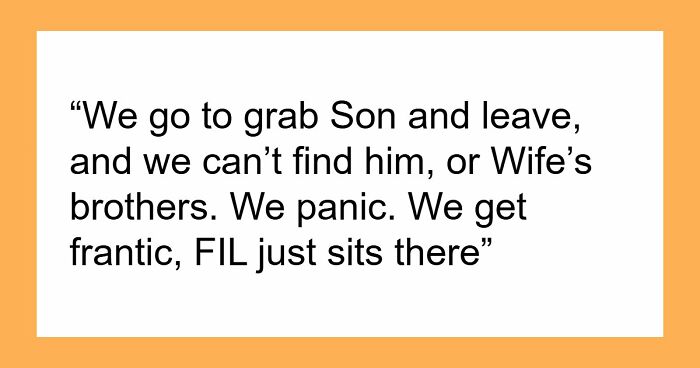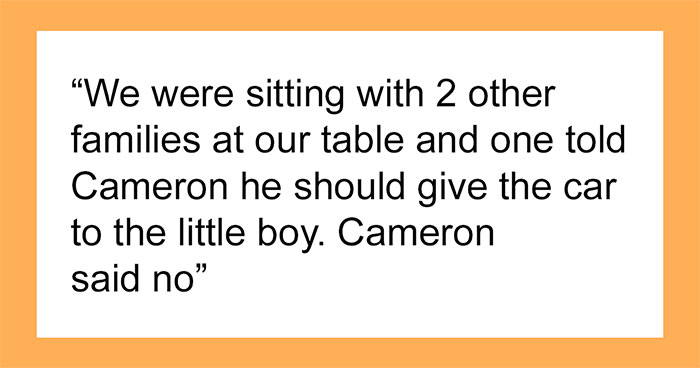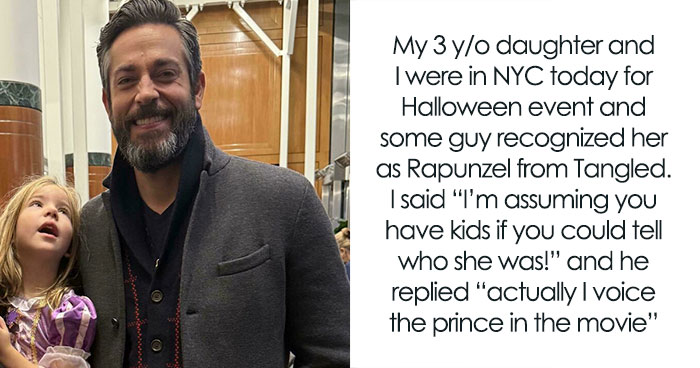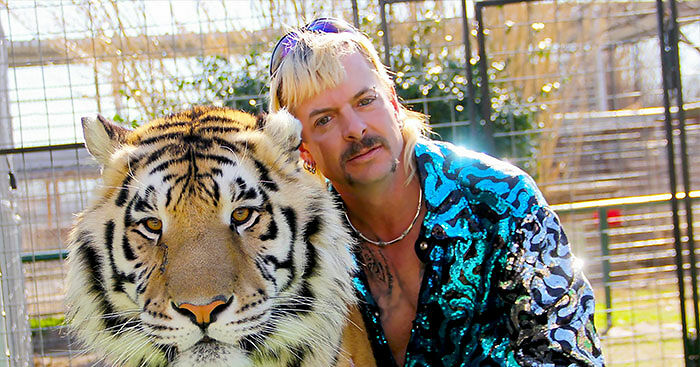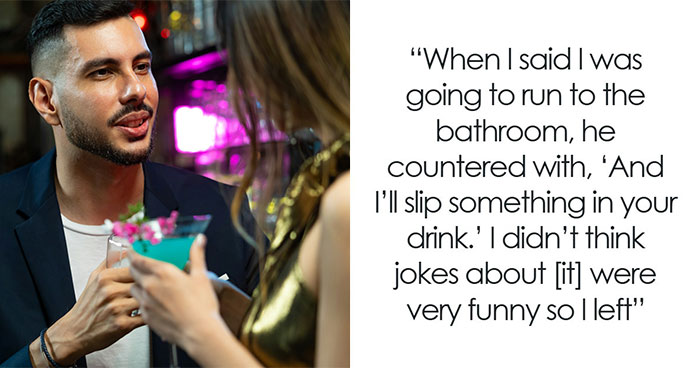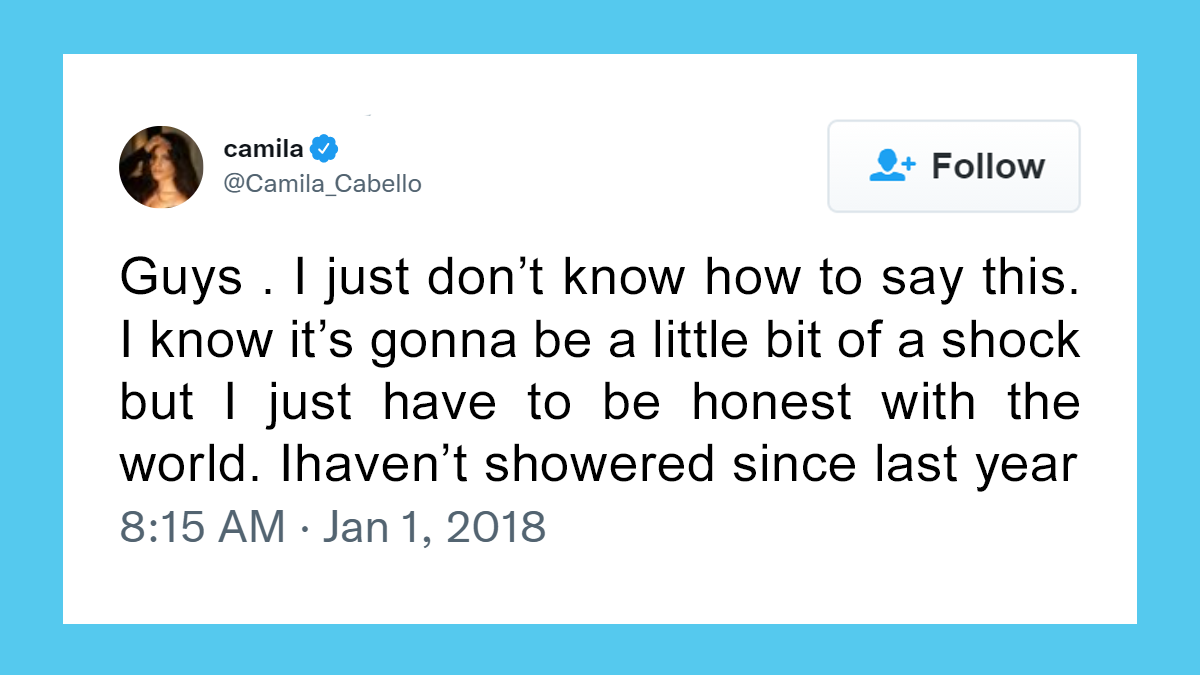
40 Of The Weirdest Things Spotted On Official Social Media Accounts Of Companies And Celebrities
While browsing the internet, you stumble across the craziest things. Like this miscellaneous Facebook group that describes itself as “a place to share any weird things posted by official Facebook pages, celebrities, etc.”
Created in 2019, the group titled “Weird stuff found on official accounts posting” is home to 166.5K members who share all kinds of unusual things posted by official pages. Think of official accounts that belong to Mike Tyson, Elon Musk and Cardi B, and even official pages of companies and institutions, like Discord, Skittles and Uni Of Liverpool.
Among the rules of the group are that submissions are welcome if the members “make sure they are WEIRD.” The moderators explain: “Just because the post came from an official account doesn't make it weird. Make sure it's weird and official, to fit the theme of the page.” So below, we selected some of the most entertaining posts we wouldn’t expect from someone so established. Scroll down and hit upvote on your favorite ones!
This post may include affiliate links.
"Add Profile" is me, using your Netflix account, too.
When it comes to the infinite amount of content people share online on a daily basis, it’s easy to stumble upon posts that make little sense. Whether they come from official pages or private users, some things are better kept for themselves but the truth is, we all tend to overshare. So to find out about this common phenomenon we spoke with Audrey Tang, the award-winning author, media spokesperson, and development trainer and coach who happily shared some interesting insights about it.
“To give people the benefit of the doubt, it can simply be that some people still don't quite know what to post on social media...after all my mum used to practically write me a letter as a comment, using Facebook similarly to email! So maybe we do not all know when it is ‘too much information',” Tang told us.
“This is exacerbated by certain anonymity (or at least a filter) we can hide behind when it comes to saying something online. We often do not need to divulge our true identity, or we might have created and curated an online persona that can give us confidence we may otherwise lack face to face...and we don't see (nor often think about) our reader's possible reactions.”
Tang argues that “this can in some ways be beneficial - it can actually be very helpful and therapeutic to keep a blog, or a photo record of a life journey (eg. weight loss) - if you are doing so for yourself, and sometimes sharing it can raise awareness or inspire others, BUT, what we need to remember is when it comes to social media...that doesn't ‘make us’ racist, or rude, or nasty...it is just a tool...how we choose to use it is still a reflection on us.”
She continued: “Then, more ‘practically’ - Gossip gets likes...and likes are a form of currency in the 21c social media-driven world. Rather than gauge our popularity on how many people came to our birthday party, or how many invited us to prom, if you have ever taken down a post because of a lack of likes, you work in this currency too!”
According to Tang, if we're angry, that's popular as well! “Misery loves company, and sometimes when we’re in a bad mood we don’t want to learn, we don’t want to grow, we just want to be heard! So we put our rant out there and when it is ‘Liked’ (because out of the whole population of those on social media, someone is likely to agree, even with some very extreme or unpleasant comments) – we feel validated.”
“Delving more deeply into this, Julian Baggini in his book ‘Complaints’ says that complaining (or ranting) is a social norm and some of us actually enjoy it – at least to each other – especially when it is about someone else!! It can make us feel part of something – we feel validated.”
But there’s another side to it. Tang argues that related to this, psychologically, and sadly, is how often we feel unheard. “You do not need to have experienced deeply traumatic events to feel a sense of rejection, much less have an impact on your life. If we, as children, were always told “Cheer up”, “stop it”, and/or we never had our feelings acknowledged (even the idea of “family hold back” can result in some children creating a belief that they are not as important as the people mum and dad are trying to impress), we can grow up with a need for acknowledgment, without really having learned the tools to provide this for ourselves.”
Tang argues, “as such, we try different ways to receive what we are craving and – objectively – one successful way is to say something negative about others, or go on a bit of a rant. (The latter will at least give us the odd ‘You Ok hun?’ which may satiate our desire for the attention we crave, and in turn, when something produces a positive result - for us – positive reinforcement teaches us to do it again.)”
"Sweet mother of Ratatouille Jesus Christ WHAT IN THE NAME OF F*****G ROMANCE IS GOING ON HERE!?" Ramsay Gordon asked calmly
LOL I get it. It was a fricken brutal winter. Not over yet, either.
Snoop Dogg impersonates today's rappers sound-alike flow . https://www.youtube.com/watch?v=g0OdmRtuQew
🎶You are somebody that I don't know But you're taking shots at me like it's Patrón🎶
They've been waiting in line for 10 minutes. They've been watching their phone. They've been complaining about people taking too long to order. And when it is their turn: "Can I get uhhhhhh or no, wait, I want to have hmmmmmm or perhaps I'll have ehhhhh...."
Beeber never had a chance at a normal human life. It's almost sad.
The reason the image looks like that is because you're actually looking through an infrared camera on the outside of a main battle tank, which is about to blast her into canned pineapple rings.
It's a myth that pirated music contains viruses. Music files are not executables. Your device doesn't get infected from playing music files. But I might just as well have posted that one and one is two, because there's always someone who will want to argue.
Am I the only one who just sees a flaming knight? I mean dudes got an arm and a helm. This seems super on brand to me.
Jesus,Joe should take a brake,those mushrooms are catching up with him…
I can’t believe it… the official cookie run kingdom twitter account isn’t here :(
I can’t believe it… the official cookie run kingdom twitter account isn’t here :(

 Dark Mode
Dark Mode 

 No fees, cancel anytime
No fees, cancel anytime 


